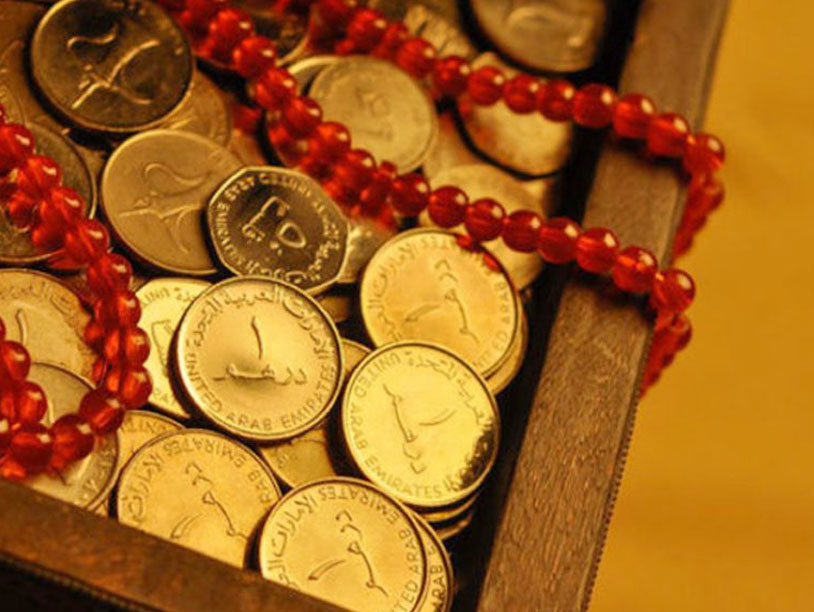Islamic Banking Trends
Islamic Banking (IB) is seeing major traction with over $2.5 trillion of assets and forecast to grow to $3.8 trillion by 2022. IB products are market competitive as well with the Dow Jones Islamic Market Index growing by 13.15% over the first quarter of 2019, far more than the FTSE 100’s 8% rise.
The countries of the Gulf Cooperation Council (GCC), Malaysia and Indonesia are the key markets hosting the principal players. Outside this group, London is positioning itself as an Islamic banking hub especially for issue of Islamic bonds (sukuk) and for offering specialized education in this domain.
There are 1,407 Islamic financial institutions globally, from retail to investment banks and asset managers.
The essence of IB is interest free and risk sharing banking. Interest (considered unethical or haram) is replaced with profit sharing from genuine economic activity like trade in goods and services. Any product before being launched should be cleared by the Sharia Supervisory Board of the bank as a mandatory. Accounting should be as per the standards laid down by Bahrain based AAOIFI (Accounting and Auditing Organisation for Islamic Financial Institutions).
IB treats money as a medium to exchange goods and services and not as a store of value. Money cannot be exchanged for money thereby prohibiting ‘interest’- which is at the heart of conventional banking. IB transactions should by asset backed with a requirement that ‘one cannot sell what you don’t own’ implying that speculative financial transactions causing uncertainty are not allowed.
Generic IB products include Musharakah (bank partners with an investor in a profit sharing arrangement); Murabaha (bank buys an asset and then sells it on to the customer on a deferred basis plus profit); Mudarabaha (where the bank provides the finance and the customer manages the business with profits being shared); Ijarah (leasing) and Sukuk (Islamic bonds).
IB discourages excess debt. A company to be eligible for IB finance should ensure that its total debt divided by trailing 24-month average market capitalization must be less than 33%.
To cater to the ‘app’ driven generation, New York based Wahed recently launched the world’s first halal digital investment platform. Individuals can invest in diversified portfolios of stocks and shares, as well as sharia-compliant index-tracking funds. The app is available in more than 130 countries with 20,000 users worldwide.
Eiger, another new gen IB player, sources sharia-compliant commodities on behalf of Islamic banks and financial institutions; offers liquidity management services enabling transactions in a range of assets that includes sukuk and retail banking products. It also provides the Eiger Trading Platform for users to buy and sell assets.
Industry hub IFN Fintech lists more than 100 companies on its Islamic Fintech Landscape database that offer sharia-compliant services.
Malaysia is creating a Sharia-compliant money market to facilitate lending and borrowing between banks.
In 2018 Indonesia the world’s largest exporter of coal, became the first Asian country to sell green bonds, – a five-year, dollar-denominated sukuk bond where investors would share in the profits from financing eco projects with the bond proceeds.
UK based lender Al Rayan Bank’s combined financing with securitisation, in which sukuk bonds are raised against assets such as mortgages. The bank bundled 1700 mortgages as security for this product to be sharia compliant.
October 2019 saw the interesting case of Sharjah-based Dana Gas. It had issued sukuk bonds in 2013 when it was considered sharia compliant. When the bonds came up for redemption on maturity this year, the company took a stand that it was no longer able to pay the sukuk holders due to liquidity problems. To avoid costly litigation, Dana Gas restructured the sukuk in which payment will be made on a staggered basis for “exchangeable” sukuk i.e. the part of the debt that was mainly held by international investors. This resolution narrowly averted a crisis and credibility of the $300 billion market for sukuk debt and evoked keen interest across IB watchers.
Standard documentation for Islamic derivative products have also now been published by ISDA- the global derivatives standards body- and IFM, its Islamic counterpart. This will give a boost to the hedging market in the Islamic world. Even risk management offerings in IB need to be asset backed.
With these positive ongoing trends, Islamic banking is all set to gain greater heights and become part of mainstream BFSI.




Leave A Comment